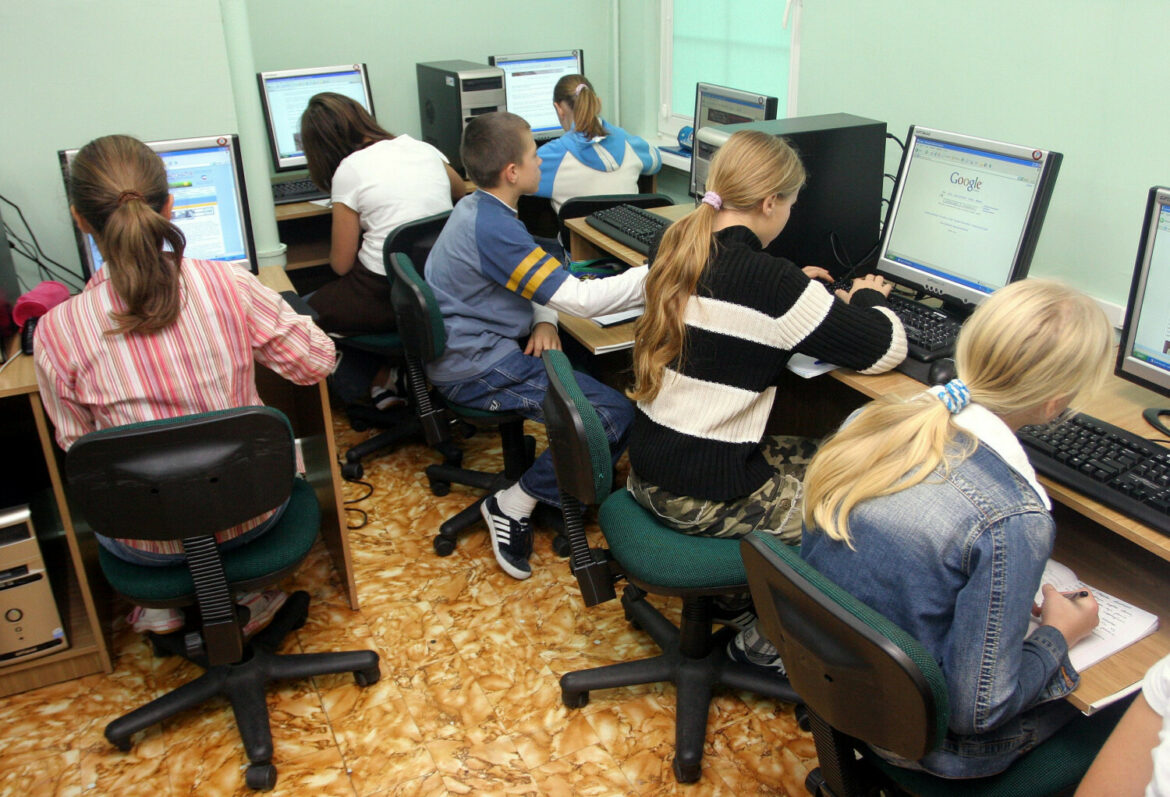Media Education Centre and NASK – National Research Institute has launched a nationwide educational campaign #FakeNoMore aimed at children and young people. As part of the initiative, webinars will be held in each voivodship, allowing teachers and students to learn how to defend themselves against manipulation.
In an age of unrestricted access to information, the ability to analyse content and draw conclusions on one’s own is a key element in recognising disinformation and media manipulation. Properly organised and systematically conducted media education plays a huge role in building awareness. Such activities are carried out by the Media Education Centre in Kielce, which undertakes a number of initiatives promoting media education.
“The aim of the nationwide educational campaign #FakeNoMore, carried out by the CEM and the Research Academic Computer Network, is to provide young people with knowledge about the dangers of fake news and online safety. As part of the planned activities, we will aim to develop critical thinking skills. Thanks to media education, young people can become more aware of threats, ready to actively participate in the information society”, emphasises Dr Paulina Prędotka, director of the Media Education Centre.
The main objective of the campaign is to provide primary and secondary school students with practical tools that will enable them to effectively identify, analyse and verify information from social networking sites, the Internet or the media. The initiative will include a series of one-hour online meetings for schools across Poland.
The organisers envisage approximately 30 meetings devoted to online culture, artificial intelligence or methods of defence against disinformation. The first meeting, entitled ‘Privacy on the Web’ and addressed to children and young people from the Świętokrzyskie Voivodeship, took place on Wednesday, 29 November.
Arkadiusz Słomczyński





